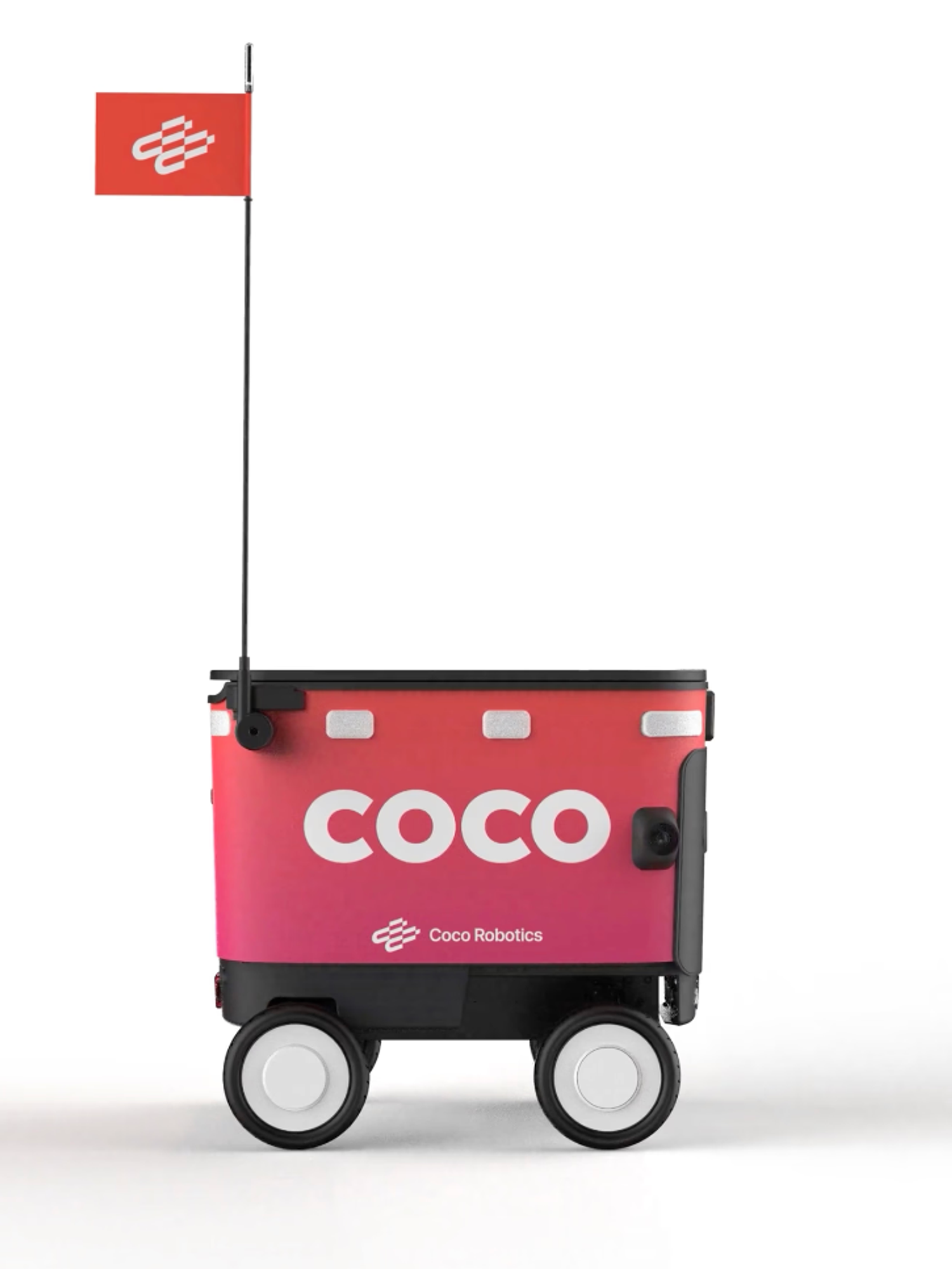Generative AI: Tech Startup Savior or Buzzy Nothingburger?
Spencer Rascoff serves as executive chairman of dot.LA. He is an entrepreneur and company leader who co-founded Zillow, Hotwire, dot.LA, Pacaso and Supernova, and who served as Zillow's CEO for a decade. During Spencer's time as CEO, Zillow won dozens of "best places to work" awards as it grew to over 4,500 employees, $3 billion in revenue, and $10 billion in market capitalization. Prior to Zillow, Spencer co-founded and was VP Corporate Development of Hotwire, which was sold to Expedia for $685 million in 2003. Through his startup studio and venture capital firm, 75 & Sunny, Spencer is an active angel investor in over 100 companies and is incubating several more.

Tech has been having a tough time. Widespread layoffs, a down economy, and a 2022 tech stock decline of 30% year-over-year all indicate the same thing: tech startups are in a bit of a slump. And yet generative AI is generating enough hype to put the VC world in a swirl, spurring hopes that ChatGPT, Dall-E and the rest can swoop in and resuscitate. It’s being touted as the next big thing—and it will be big—but not in the way many people may hope or believe.
In the last few weeks I’ve been pitched dozens of startups that are trying to wedge their way into the space—everything from AI-written real estate listings to customer service chatbots and beyond. They’ve all been good ideas that could go on to help people and likely turn a profit. But I haven’t invested in a single one of them. Here’s why.
These startups are features, not companies. (I have written before about this startup trap.) They’re useful tools, some of which will likely become a part of our everyday lives, but from what I’ve seen, they’re simply not robust enough to stand alone and definitely not addressing a large enough problem to achieve a venture-scale return.
A lot of the startup ideas in artificial intelligence now are simply capitalizing on generative AI functionality, being built as a thin, vertical layer of user interface that sits on top of large language models (LLMs). Even if the concepts coming my way have merit, I suspect they’ll be better incorporated into existing software and tech providers, rather than being built as an independent company. So despite all the buzz and media fervor, this isn’t going to be a gold rush for AI startups. It’s more like gold-leaf wrapped around an exciting tech development.
TripActions (recently rebranded as Navan) is a great example of this issue. Their core product is an intuitive travel expense management program and they’re very successful at what they do. It’s a great concept that provides real value, and I’m sure there are currently dozens of startups trying to launch generative AI-focused expense management programs. But while they’re clambering to get started, Navan is simply expanding to bring AI into their existing product. If there’s a legacy company like Navan that’s savvy and responsive, that’s going to be a big challenge for any disruptor trying to ride the AI wave to break into the market.
It’s also important to remember that this AI revolution did not start in November 2022 when chatGPT launched. While that was a seminal moment for layperson awareness, many companies have been using AI for years, and we have been unknowingly interacting with AI products. Spotify’s and Netflix’s recommendations, Zillow’s zestimate algorithm, and your smartphone’s camera “autocorrect” feature all use artificial intelligence to deliver their magic to you.
I’ve heard a lot of comparisons between generative AI and crypto or web3, but there’s actually a big gap between the two from a funding perspective. Crypto is great tech, but a lot of crypto-based startups weren’t fundable because there simply wasn’t a use case for their innovation. Generative AI startups might have the inverse problem. There are infinite use cases, myriad ways that it could automate and improve your work and creativity. But because most startup ideas for AI are essentially a veneer on top of core LLM tech, most of them aren’t ideas that are venture fundable.
Generative AI is much more akin to when the world pivoted to cloud. Like the shift to cloud computing, generative AI will impact everything. It’s foundational tech that operates in the background to make other things possible—a staggering 94% of enterprises currently run on cloud services. I have no doubt that 10 years from now we’ll say that without generative AI, there wouldn’t be X, Y, and Z. And just like cloud, which has a few big providers with huge data sets and huge revenue, I think there will be a few generative AI giants, including the LLM providers themselves. The rest of the ecosystem will sit on top of these models. Again: mostly features, not companies. Investors beware.
- 'Throw Everything Overboard That You Don’t Really Need': Spencer Rascoff Offers Founders Advice During a Downturn ›
- AI Chatbots Aren’t 'Alive.' Why Is the Media Trying to Convince Us Otherwise? ›
- At UCLA, Professors See 'Exciting Opportunities' in AI Writing Tools ›
Spencer Rascoff serves as executive chairman of dot.LA. He is an entrepreneur and company leader who co-founded Zillow, Hotwire, dot.LA, Pacaso and Supernova, and who served as Zillow's CEO for a decade. During Spencer's time as CEO, Zillow won dozens of "best places to work" awards as it grew to over 4,500 employees, $3 billion in revenue, and $10 billion in market capitalization. Prior to Zillow, Spencer co-founded and was VP Corporate Development of Hotwire, which was sold to Expedia for $685 million in 2003. Through his startup studio and venture capital firm, 75 & Sunny, Spencer is an active angel investor in over 100 companies and is incubating several more.




 Image Source: Blackbird
Image Source: Blackbird
 Image Source: Anduril
Image Source: Anduril Image Source: Impulse Space
Image Source: Impulse Space Image Source: Coco Robotics
Image Source: Coco Robotics